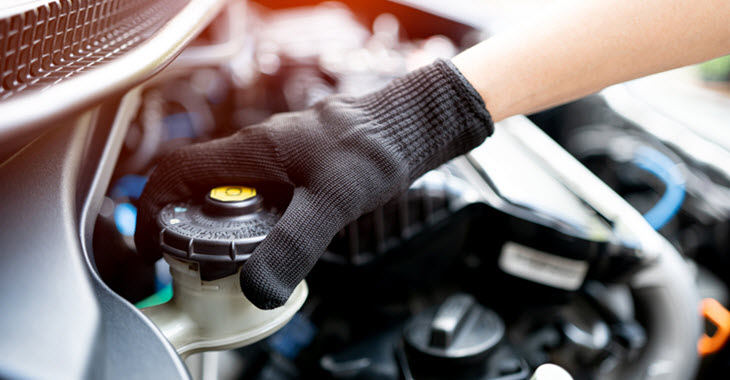Regular fluid checks are essential to maintaining the performance, safety, and longevity of your luxury vehicle. Mercedes-Benz and BMW are two of the most prestigious names in the automotive industry, known for their engineering, design, and performance. However, like any vehicle, they rely on specific fluids to ensure their engines, transmissions, brakes, and other systems function efficiently. Performing routine checks and maintenance on these fluids prevents costly repairs and ensures your vehicle remains in top condition. This article highlights the most important fluids to check in both Mercedes and BMW models.
1. Engine Oil: Ensuring Your Engine Runs Smoothly
Engine oil is critical to the health of your engine, as it lubricates the moving parts, reduces friction, and prevents overheating. Both Mercedes and BMW vehicles are equipped with advanced engines that rely on high-quality synthetic engine oil.

- Mercedes-Benz Engine Oil: Mercedes recommends synthetic engine oil changes every 10,000 to 12,000 miles or annually. Using the correct oil type as specified in your owner’s manual is vital for maintaining engine efficiency.
- BMW Engine Oil: BMW mercedes and bmw fluid check typically suggests synthetic oil changes every 7,500 to 10,000 miles to maintain optimal engine performance.
Tip: Always check your oil regularly and top off if necessary to avoid engine wear or overheating.
2. Coolant: Preventing Overheating and Protecting the Radiator
Coolant plays a key role in preventing your engine from overheating by maintaining the right temperature. Both BMW and Mercedes vehicles rely on specialized antifreeze blends to ensure their engines run smoothly under varying conditions.
- Mercedes-Benz Coolant: Mercedes vehicles use a specialized antifreeze formula that should be checked every 30,000 miles or during each service interval.
- BMW Coolant: BMW’s antifreeze should also be monitored and inspected every 30,000 miles to ensure the engine stays cool.
Tip: Always top off your coolant with the manufacturer-recommended type to prevent radiator and engine damage.
3. Brake Fluid: The Key to Reliable Stopping Power
Brake fluid is vital for transferring pressure from the brake pedal to the wheels, ensuring your car stops safely. Over time, brake fluid can absorb moisture, which can lead to a loss in braking efficiency.
- Mercedes-Benz Brake Fluid: Mercedes recommends changing the brake fluid every 2 years or 20,000 miles to avoid moisture contamination and maintain braking performance.
- BMW Brake Fluid: BMW advises the same interval of 2 years for brake fluid maintenance to ensure optimal safety.
Tip: Brake fluid is inexpensive and vital for safe braking—regular replacement can save you from costly repairs.
4. Transmission Fluid: Smooth Gear Shifts with Proper Maintenance
Transmission fluid keeps your Mercedes or BMW’s transmission system operating smoothly by allowing for seamless gear changes.
- Mercedes-Benz Transmission Fluid: Mercedes recommends inspecting transmission fluid every 30,000 to 50,000 miles and replacing it as needed.
- BMW Transmission Fluid: BMW relies on synthetic transmission fluid, which should be checked during every service interval to avoid transmission issues.
Tip: Always use the manufacturer-approved fluid to maintain proper transmission performance.
5. Power Steering Fluid: Effortless Handling and Maneuverability
Power steering fluid ensures easy and responsive steering, especially when parking or making tight turns.
- Mercedes-Benz Power Steering Fluid: Regular checks are essential during every service interval to maintain the correct levels.
- BMW Power Steering Fluid: BMW models depend on maintaining the right power steering fluid level to ensure smooth handling and precise steering response.
Tip: Always replace power steering fluid with the recommended type to prevent system failures.
Conclusion
Mercedes and BMW vehicles are designed with performance and luxury in mind, but they rely on proper fluid maintenance to ensure that their sophisticated systems operate efficiently. Regular checks of engine oil, coolant, brake fluid, transmission fluid, and power steering fluid are essential for preventing breakdowns and ensuring safety.
Always refer to your owner’s manual for specific recommendations or consult with a certified mechanic to ensure that your vehicle’s fluids are at the proper levels and are in good condition. Staying proactive with fluid maintenance will help maintain your vehicle’s performance, safety, and value for years to come.
